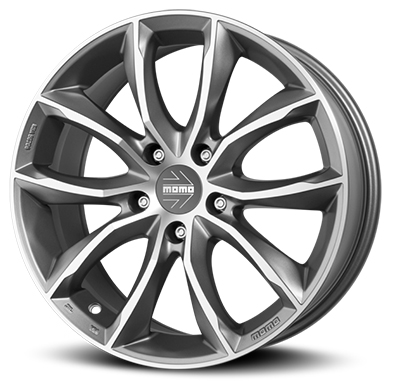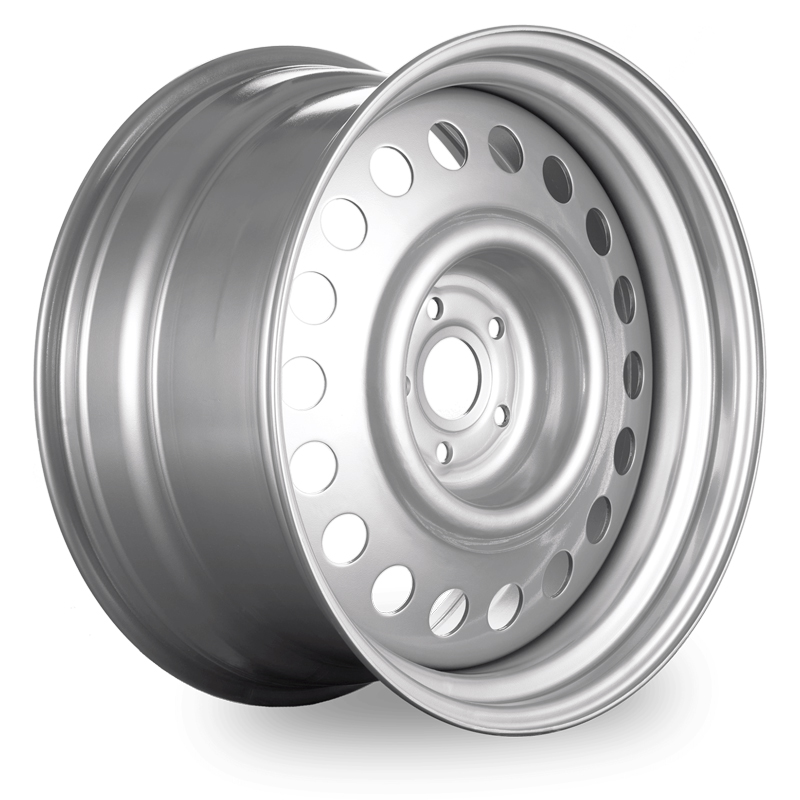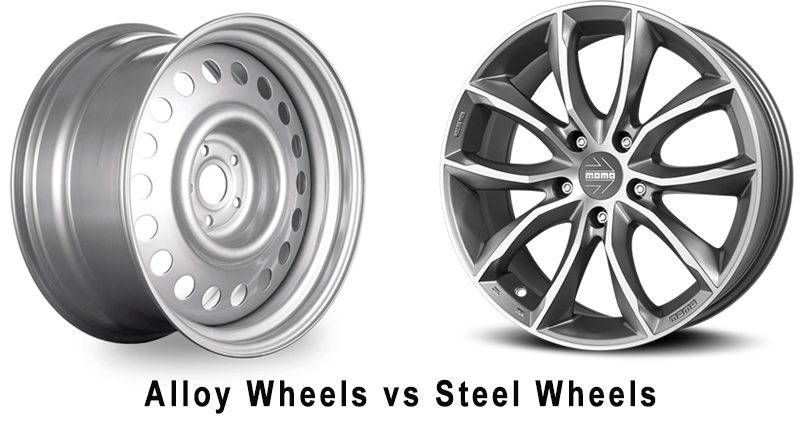When it comes to choosing the right wheels for your vehicle, the debate between alloy wheels vs steel wheels is a common one. Each type of wheel has its own advantages and disadvantages, depending on your driving needs, performance expectations, and budget. In this blog, we’ll explore the key differences, including alloy wheels vs steel wheels weight difference, specifications, and durability factors to help you make an informed decision.
Alloy Wheels vs Steel Wheels – Key Differences
What are Alloy Wheels?
Alloy wheels are made from a blend of aluminum and other lightweight metals, offering superior aesthetics and performance. Alloy wheels are commonly found in high-performance and luxury vehicles due to their sleek design and enhanced handling capabilities. Advantages of Alloy Wheels:
Advantages of Alloy Wheels:
- Lightweight: Reduces the overall vehicle weight, improving fuel efficiency and acceleration.
- Better Heat Dissipation: Prevents brake overheating and extends brake life.
- Enhanced Aesthetics: Stylish designs that enhance the overall look of your car.
- Corrosion Resistance: Less prone to rust compared to steel wheels.
Disadvantages of Alloy Wheels:
- Higher Cost: More expensive than steel wheels.
- Less Durability: More prone to cracking or bending upon heavy impact.
What are Steel Wheels?
Steel wheels are made entirely of steel, making them heavier and more durable than alloys. Steel wheels are often used in heavy-duty vehicles, winter conditions, and budget-friendly cars. Advantages of Steel Wheels:
Advantages of Steel Wheels:
- Durability: Can withstand rough terrain and harsh conditions.
- Lower Cost: More affordable than alloy wheels.
- Easier Repairs: Can be straightened if bent.
Disadvantages of Steel Wheels:
- Heavier Weight: Reduces fuel efficiency and acceleration.
- Limited Design Options: Less stylish compared to alloy wheels.
- Prone to Rust: Requires maintenance in wet and snowy conditions.
Alloy Wheels vs Steel Wheels Weight Difference
Weight plays a crucial role in vehicle performance. Alloy wheels are significantly lighter than steel wheels, which improves handling, braking, and fuel economy. On the other hand, steel wheels add more weight, increasing traction in winter driving conditions.Which One Should You Choose?
Your choice between alloy wheels vs steel wheels depends on your driving habits and priorities:- For Performance & Style: Go for alloy wheels.
- For Durability & Affordability: Choose steel wheels.
- For Harsh Weather & Off-Roading: Steel wheels are the better option.
- For Urban & High-Speed Driving: Alloy wheels enhance performance.













